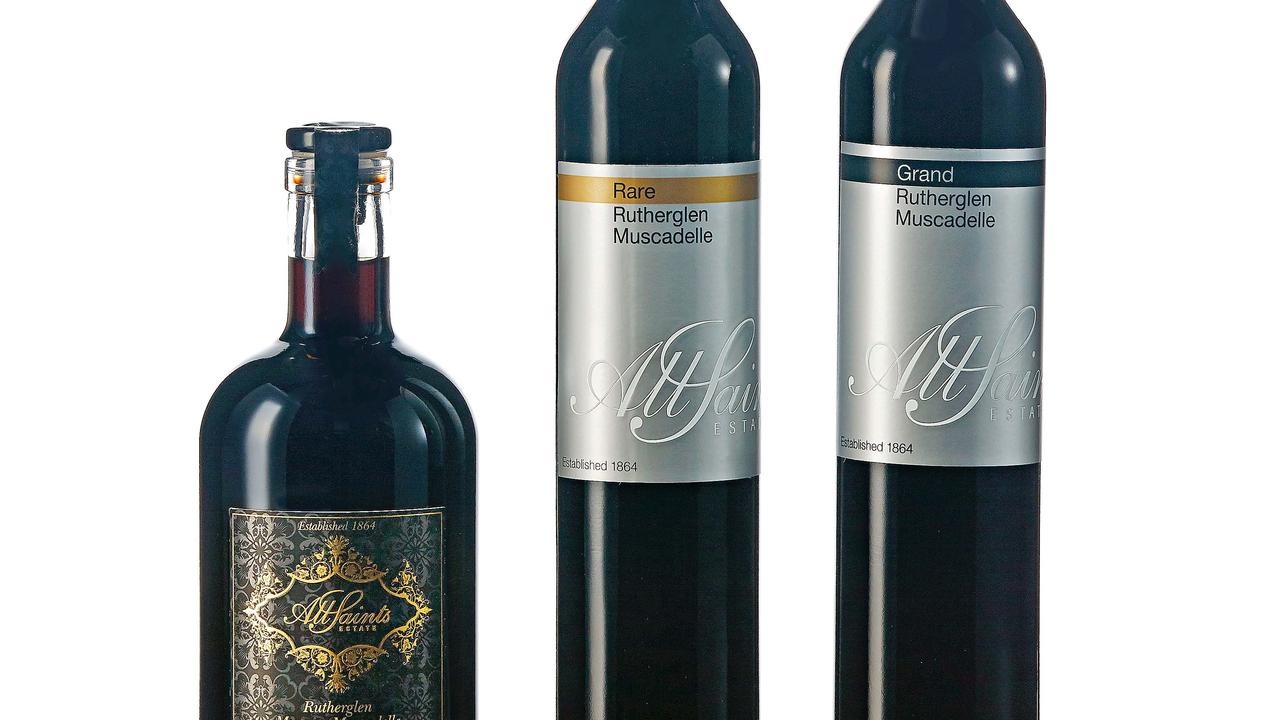Mary O’Kane, NSW Chief Scientist & Engineer, 61
‘Science is a wonderful thing to do but do the thing you’re really good at,’ says Mary O’Kane.

What does the chief scientist and engineer of NSW do?
Foster innovation and give independent advice on how to address problems — often wicked ones — like coal seam gas, sea-level rise, road tunnel air quality and coal dust emissions.

Your school principal father taught chemistry and maths, your mother was an accountant, yet you wanted to pursue law. My father was against it — he felt lawyers had to deal with morally equivocal things such as divorce and he didn’t want one of his daughters doing that.
So you settled on physics and maths at the University of Queensland. I thought I would do something I was quite good at and I enjoyed the intellectual challenge.
Why did you move into specialising in speech recognition? It touches on my love of languages and I used the technology going back to pure maths. I developed new computer languages to build speech recognition software.
You helped establish the database of spoken Australian English. Why? We needed controlled examples of Australian-English speakers saying similar phrases in a variety of contexts. We needed this data to train our speech recognition algorithms. Human speech recognition is incredible, we can understand what someone is saying through crackle on a phone line; we can distinguish between two conversations at a dinner party at once. We were trying to give computers that capability with machines — decades before anyone had met Siri.
In 1996 you became the first woman vice-chancellor at the University of Adelaide. What was it like to break new ground? I didn’t do it because I was paving the way and I don’t shy away from it because I was first, but in the role I became more conscious of being the first woman. It’s hard for many people to accept a woman in that role and I didn’t realise it at the time. I was relatively young and certainly for a Group of Eight university I was the youngest ever.
Are Australians creative enough to lift productivity through innovation? Australia doesn’t rank particularly well on global innovation indices. Australian firms are not relentless in adopting new technology and using it to transform their operations. And we are not great at creating disruptive business models.
Alan Jones apologised for implying the coal seam gas industry influenced your report that said CSG exploration in some parts of NSW was manageable without damaging the environment. Why does CSG excite such emotion? People are worried about the environment and any new activity that affects it. Particularly in NSW, it is very much about land access and values and the management of reduced groundwater. I was proud that the government adopted the 16 recommendations of the CSG review; there were a lot of careful recommendations about the environment.
How do we make maths and science more attractive? If you want kids to do science as a career there’s an onus on all of us to make it more attractive. We don’t have a problem getting people to choose medicine; we all know what doctors do. We need to do things like have TV series about science so children are exposed to it.
What’s your advice to students? Follow your dreams. Science is a wonderful thing to do but do the thing you’re really good at, be as informed as possible and look around with your eyes wide open to the future.



To join the conversation, please log in. Don't have an account? Register
Join the conversation, you are commenting as Logout